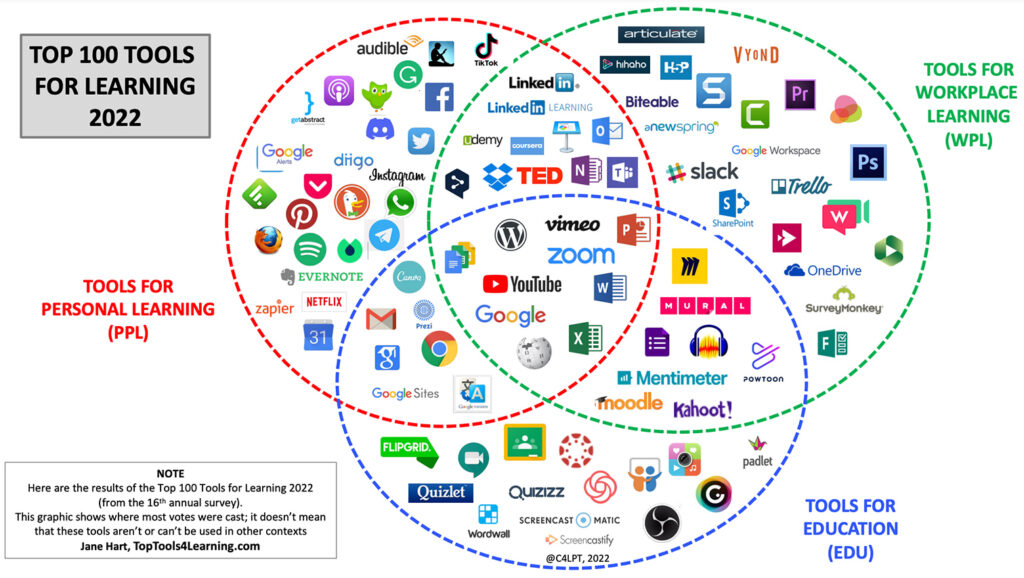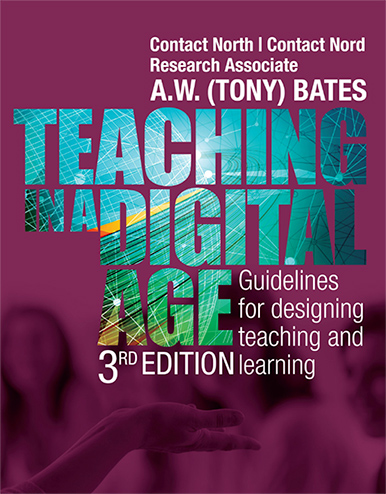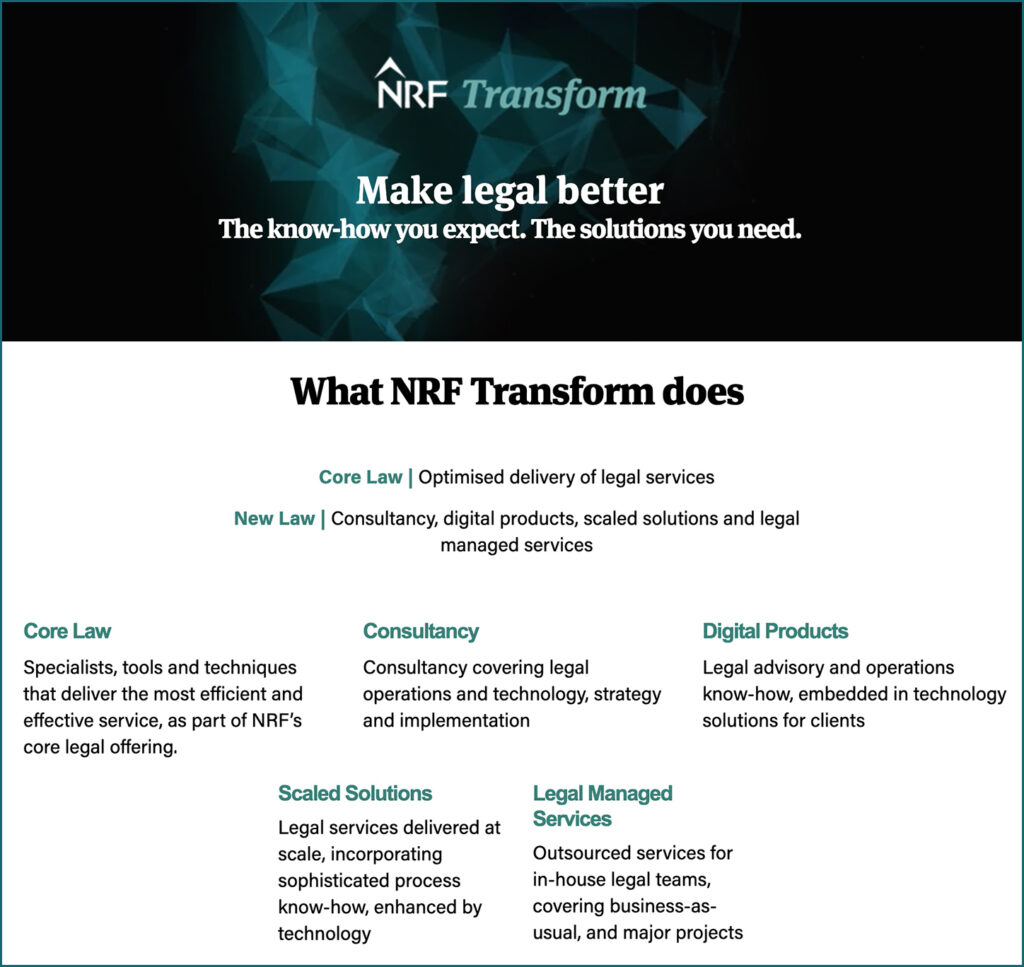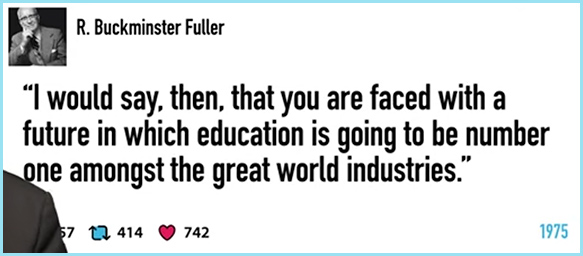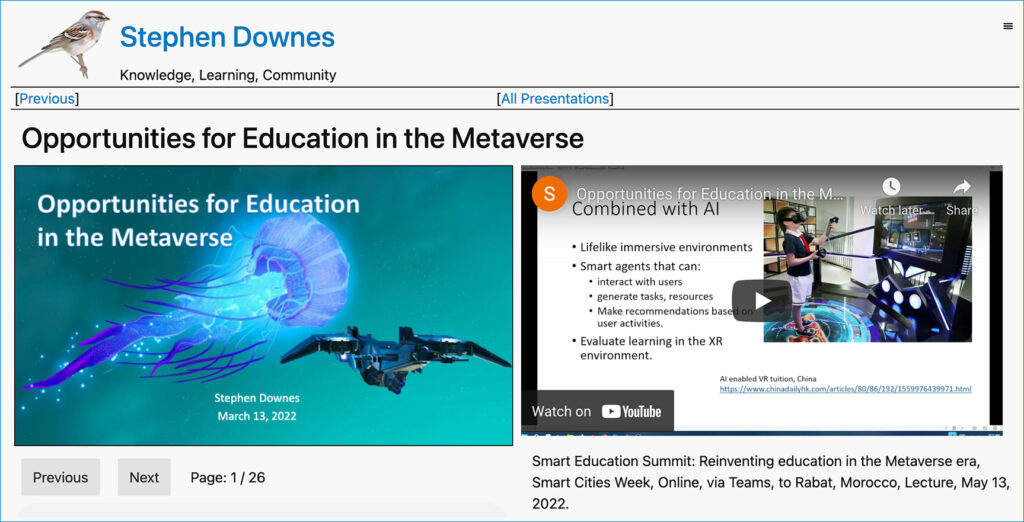Is the virtual courtroom the future of the justice system? — from deseret.com by Zakary Sonntag
Video proceedings have increased court access but raised questions of rights amid case backlog
Excerpt:
The justice system in Utah is straining under the weight of an immense backlog of criminal cases, especially serious felony cases, leaving many defendants to languish in custody as additional filings continue to accumulate.
The buildup began in 2020 after the Utah Supreme Court ordered the shutdown of in-person proceedings in response to the coronavirus, which left attorneys and judges to hash out settlements through a remote, Webex court process.
The pandemic’s impact on the legal sector and what emerging lawyers need to know — from timesofindia.indiatimes.com by Roma Priya
Excerpt:
For aspiring lawyers and law school graduates who have commenced practice recently, one of the best ways to stay relevant is to upskill yourself. Apart from the legal industry-related skills as a lawyer, such as in-depth knowledge about clients, the law, and other subjects, communication skills, problem solving and analytical skills, and tech skills are crucial.
Today, digitally-savvy lawyers are in high demand as technology continues to evolve and progress. And as the Indian Judiciary System gradually acquaints itself with cutting-edge technologies, emerging lawyers must do the same.
About one-fifth of lawyers and staffers considered suicide at some point in their careers, new survey says — from abajournal.com by Debra Cassens Weiss
A new survey of lawyers and staff members hailing mostly from BigLaw has found that anxiety, depression and isolation remain at concerning levels, despite a slight decrease in the percentages since the survey last year.
When is a legal department ready to transform? — from advisory.kpmg.us by Eric Gorman, Kimberly Majure, and Jeff Ikejiri
Explore the catalysts for change
…legal departments that identify and agree on a motive to change, and then are alert for opportunities to act, are legal departments that are ready to transform.
From DSC:
I saw the link to LitSoftware at the posting entitled, Three Lessons In Persuasive Trial Technology (from legaltechmonitor.com by Stephen Embry).. I thought it offered some interesting software:
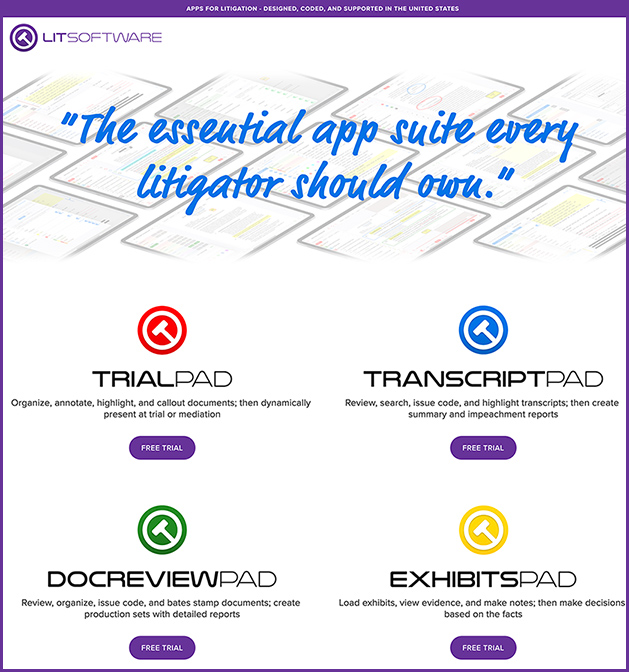
The Top 3 Legal Technology Trends of 2022 — from lexology.com by Sean Heck
Excerpts:
- Web-Based Contract Management Tools for Remote Legal Operations
- Online, Web-Based Document Editing
- Contract AI With Machine Learning for Intelligent CLM
Litera legal survey shows that technology is driving change in all aspects of M&A practice — from canadianlawyermag.com by Annabel Oromoni
Excerpt:
The global pandemic and the increasing reliance on technology to facilitate remote legal work and collaboration have accelerated the legal profession’s interest in technology-based solutions. A recent survey by Litera, a legal tech company, revealed that technology significantly impacts M&A practices in law firms.
Litera’s survey included insights from over 200 lawyers whose practices focus on M&A in the United States, the United Kingdom, and Canada.
David Curle, legal content and research lead at Litera, says the legal profession is fragmented, and Litera sought to receive responses about technology use, adoption, and spending from M&A lawyers specifically.
6 Types of Software for Your In-House Legal Team Needs — from jdsupra.com
Excerpt:
Most legal teams rely heavily on documents and communication for their work, and handling all the related operations may not be as simple as you would like it to be. Unless you change your approach to document management and start exploring tech solutions that improve team efficiency.
Automation software has helped many businesses and departments streamline all or most of their operations and improve their efficiency. The same can be done for a legal team.
In this article, let’s focus on the types of automation software for in-house counsel along with some of the top examples.
Addendum later on 5/11/22:
ANALYSIS: Lawyers’ Top Legal Tech Tools—And Biggest Blind Spots — from news.bloomberglaw.com by Racheal Pikulski, Princess Onyiri, and Lida Ouyang
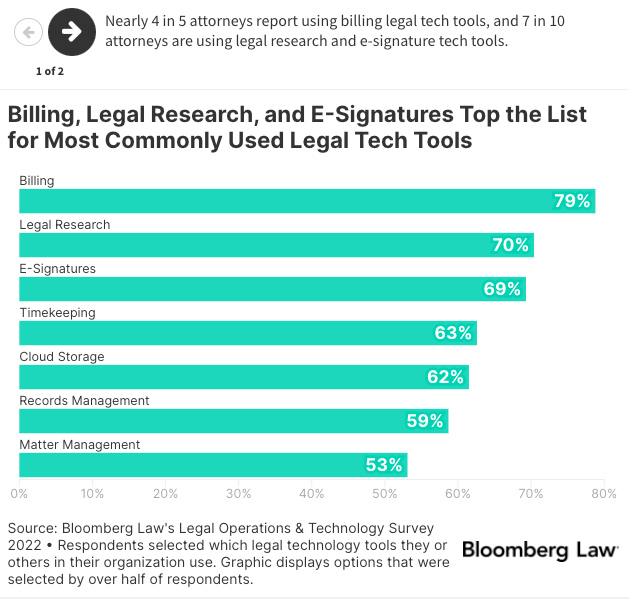
Addendum later on 5/11/22:










